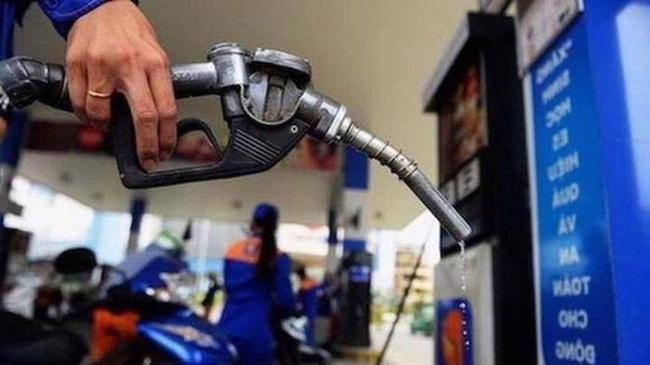In the Vietnam Macroeconomic Update Report in June from the World Bank (WB), Vietnam’s economy was assessed as seeing a strong recovery but measures need to be introduced to ease inflationary pressure.
Retail sales of consumer goods and services recovered strongly in May, with record growth of 22.6 per cent year-on-year; much higher than the 12.7 per cent posted in April.
This acceleration is partly due to a low base, as retail sales in May 2021 fell 2.1 per cent after the outbreak of Covid-19 at the end of April 2021 forced the government to impose travel restrictions. The rate also reflects the consolidation of domestic consumption and the return of international visitors after the government opened the country’s borders on March 15.
Sales of consumer services, which were hit harder than the sales of goods last year, experienced a stronger rebound, at 41 per cent year-on-year compared to 18.3 per cent, thanks to booming accommodation and catering services, which were up nearly 70 per cent and were 12.4 per cent higher than pre-pandemic levels three years ago.
The report also noted that credit growth remained strong, supporting the recovery of the economy. Credit to the economy grew 16.9 per cent year-on-year in May. Strong economic recovery increased demand for credit to finance business expansion and household consumption.
The WB also reported that producer price inflation showed signs of easing in May. Both input costs and output prices increased at the slowest rate in three months, although they remained above respective trends. The CPI increased for a fourth month, from 2.6 per cent year-on-year in April to 2.9 per cent in May, matching the May 2021 rate.
However, the WB still suggests that authorities remain vigilant about inflation risks associated with rising prices of fuel and imports, which may dampen the ongoing recovery of domestic demand.
Temporary support should be considered to help poor households weather surging fuel prices. As the price shock is mainly affecting fuel and hence transportation costs, targeted temporary subsidies for main gasoline and fuel users, such as truckers, could also be considered to alleviate hardship and blunt inflationary pressure. Also, incentivizing alternative energy production and use would reduce the economy’s dependence on imported fuel and promote greener growth.









 Google translate
Google translate